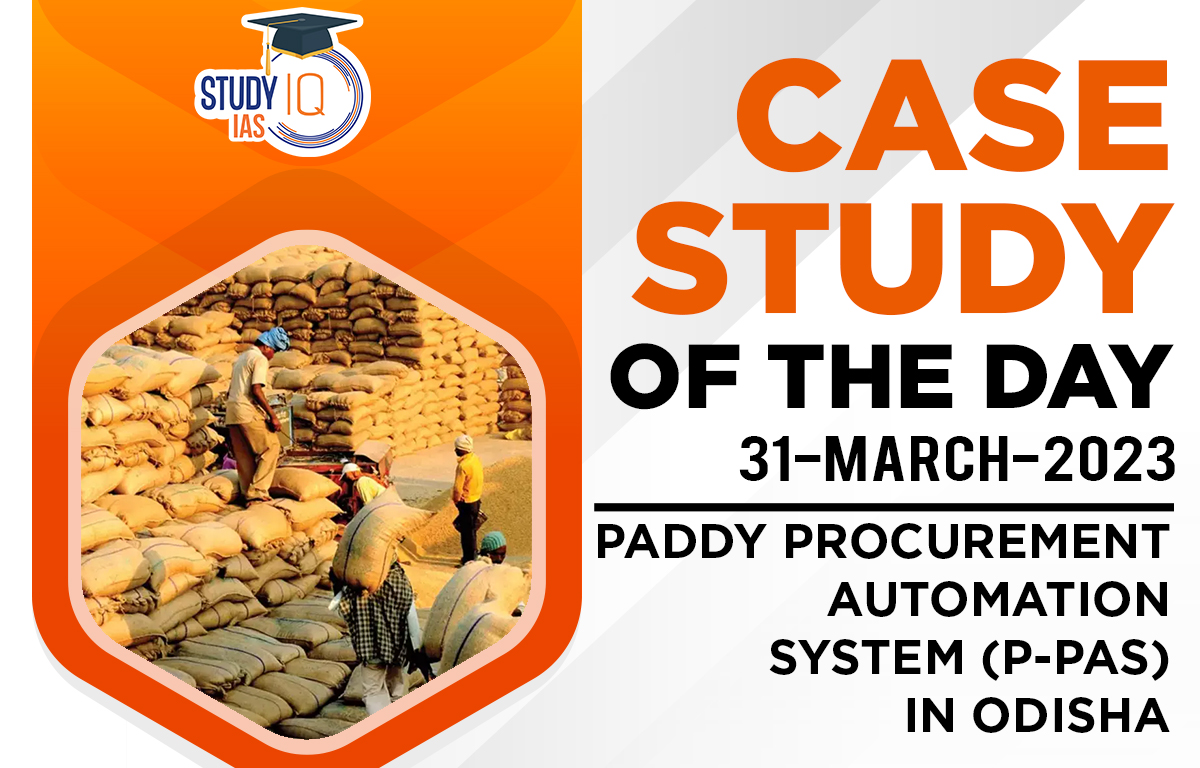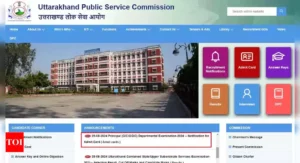Context: To overcome the problems associated with paddy procurement process, Odisha has launched the web application named ‘Paddy Procurement Automation System (P-PAS)’ in 2012.
About P-PAS
- Challenges that Inspired P-PAS
- Manual procurement process resulted in unwanted delays and harassment to farmers.
- Lack of a single formula to calculate Paddy surplus, used to hamper the procurement operations, thereby leaving the farmers waiting with their produce for indefinite time.
- Farmers were paid through cheques, which often took a long time for farmers to collect. This forced farmers to sell their produce to traders in immediate need of cash.
- Overall monitoring of the program, at district and state level wasn’t possible, as there was no idea about the progress on procurement, fund requirement at ground level.
- Objectives of P-PAS
- To provide a common Platform for all stakeholders (farmers, PACS, Millers, State Government)
- To make the paddy procurement process at the mandis easy and efficient.
- To ensure error free transactions and generation of key documents from web applications.
- Effective monitoring & coordination among stakeholders due to information sharing.
- To optimize fund flow by directly transferring paddy cost to farmers account from state HQ.
- To increase Farmers’ participation by transparent process.
- Implementation
- Challenging aspects of computer procurement and internet connectivity was first ensured.
- Complementing farmers’ registration project was taken up to create a digitized database of farmers interested in selling surplus to state agencies.
- Advance intimation would be sent to farmers through SMS, for sale of surplus paddy on each mandi based on handling capacity.
- Further, all information relating to procurement and transaction were made available on the website, to ensure transparency.
- Impacts of P-PAS
- Procurement ease and quantity went up.
- Delays in payment to farmers have reduced.
- Number of farmers participating in the procurement process has gone up.
- As a result of the achievements, the central Government accorded recognition to P-PAS initiative by awarding it in 2016, during the National e-Governance Award ceremony for outstanding performance in citizen centric public service delivery.


 UKPSC Lower PCS Recruitment 2024: Exam D...
UKPSC Lower PCS Recruitment 2024: Exam D...
 India’s First Full-Stack Quantum Compu...
India’s First Full-Stack Quantum Compu...
 World Liver Day 2025, Theme, History, Ce...
World Liver Day 2025, Theme, History, Ce...





















